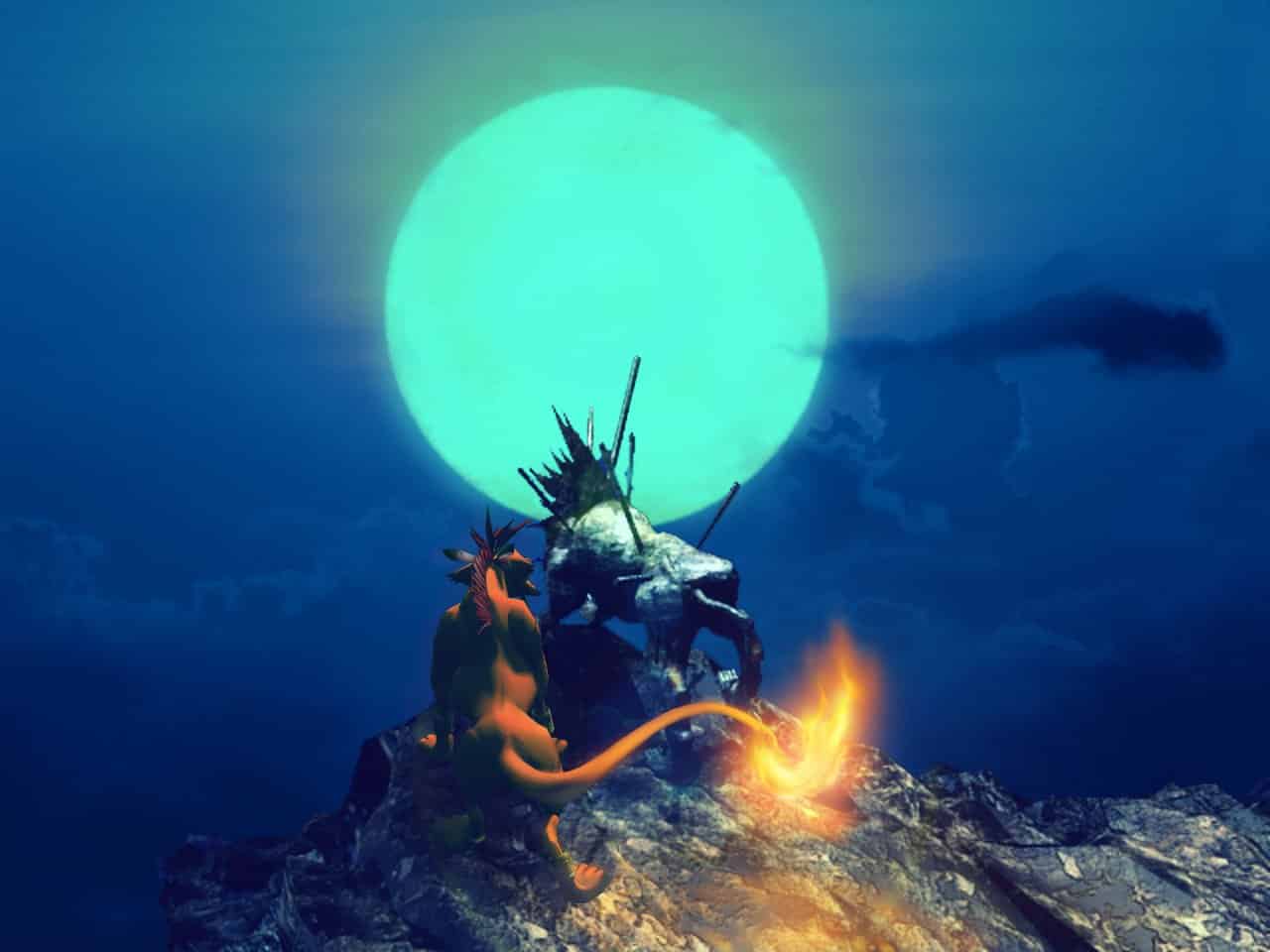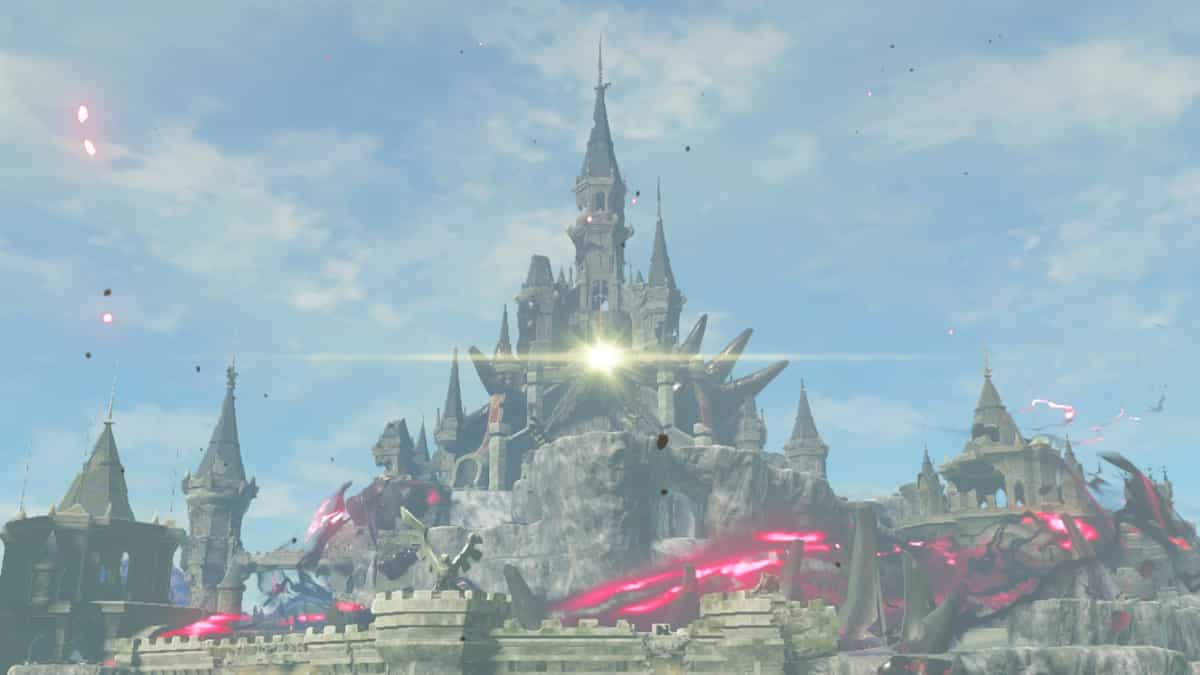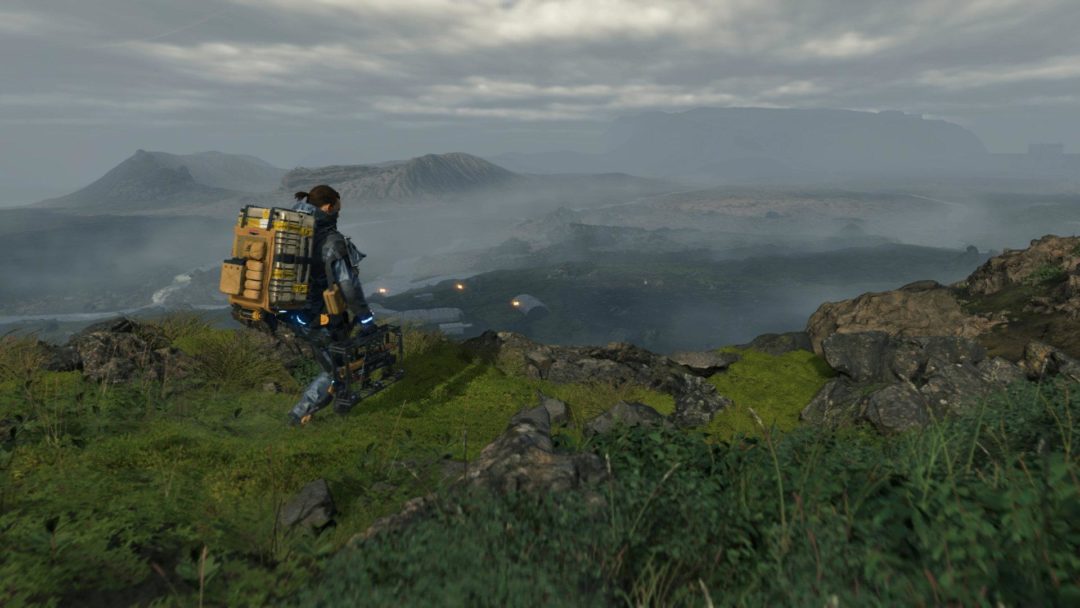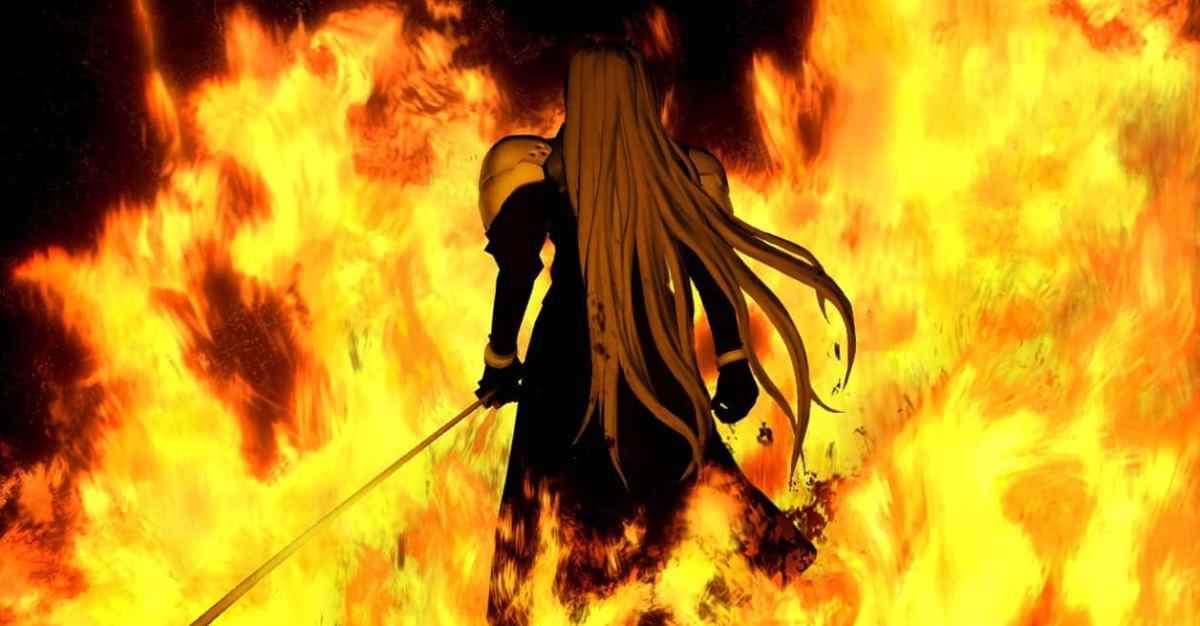We all have our strange, personal, and sometimes unexplainable video game quirks. Rituals we subconsciously go through during certain loading screens, strange connections we make between specific moments in a game and specific moments in our lives, or a feeling of abject terror at something that should absolutely not be terrifying. (I’m looking at you, Unagi the eel from Super Mario 64.)
The one I’m going to focus on today has been in my life for over 20 years, and it has just very recently begun to dissipate. It’s the crippling anxiety that comes near the end of a long adventure when a prompt shows up informing me that I’m about to reach a point of no return. I’ve genuinely lost track of the number of times I’ve gotten completely hooked on an RPG or open-world game and sunk dozens upon dozens of hours into the story, sidequests, and world — only to freeze up once the finish line was in sight.
I’m sure there’s a German word riddled with consonants for that feeling of melancholic contemplation that comes before the end of a long and fruitful adventure. The first time I remember feeling this was back in 1997 with Final Fantasy VII on the PS1. After spending a solid month exploring every nook and cranny of the world, I froze. I knew what came next was selfish of me — after all, there was a literal meteor barreling towards the planet, so delaying my trip into the Northern Cave to confront Sephiroth wasn’t a great idea. But the thought of my journey in this world coming to an end, after all the time I had spent with this ragtag party of ecoterrorists I’d grown to call a family, was simply a thought I didn’t want to have to grapple with.
So I didn’t.

I stopped playing Final Fantasy VII at that point, and in every subsequent playthrough over the past two decades, I have stopped playing at this exact same point. Despite having gone through the bulk of FFVII probably half a dozen times, I’ve never made that final trek into the Northern Cave. And Final Fantasy VII certainly isn’t the only game that’s fallen victim to my neurosis.
For the first few weeks after the Nintendo Switch launched in March 2017, I became enamored with Breath of the Wild. It was a travel-heavy time of year for me, so I used Link’s resurrected journey across Hyrule as a way to make the hours in the sky completely melt away. I tamed the four Divine Beasts, completed a whole mess of shrines, and became worthy of once again wielding the Master Sword. With three full stamina circles and more heart containers than I knew what to do with, the only thing left was to make my way to that familiar castle at the center of the map and deal with Calamity Ganon once and for all.
But I didn’t.
I stopped playing my favorite game of the past generation right at the finish line. Despite loving every second of my adventure and being fully prepared to face the final trial of the game, I put down my Switch and didn’t return to Hyrule for some time. I have this exact same story for so many RPGs. Multiple entries in franchises like Persona, Final Fantasy, Dragon Quest, and Fire Emblem all left stalling at the 99% mark, like an MP3 on Napster that can’t seem to cross that 56k threshold. This is a problem that’s followed me across multiple generations and decades of gaming, and recently I’ve tried to understand why.

I’m not a completionist by any stretch of the imagination. I haven’t put much stock in achievements or trophies since early in the 360/PS3 era. I don’t have a competition in me that fuels a desire to grind for hours on end in order to tackle a game’s most difficult optional boss. Don’t get me wrong; I love a good side quest and am particularly fond of recruiting optional characters in order to fully flesh out my party. But I don’t think any of this stems from a competitive nature, so we can cross that one off the list. I also tried to use logic to explain my reasoning, like focusing on the maxim, “Life is a journey, not a destination,” but that explanation too felt unsatisfying.
It’s also strange, because this fear I have of these long adventures coming to an end doesn’t translate over into other mediums. 2019 saw the end of three chapters of stories that meant a lot to me on a personal level. Some of those endings were satisfying (Avengers: Endgame), others not so much (The Rise of Skywalker and Game of Thrones). But at no point did I hesitate in going to the theater opening day or clicking play on that final episode on HBO Now. Similarly, I found no anxiety in finishing TV shows like Lost, Twin Peaks, Breaking Bad, and The Leftovers, or book series like Harry Potter or The Dark Tower. Although, that last one is interesting to think about because anyone who’s read Stephen King’s sprawling epic knows that the author himself voices a similar hesitancy towards wrapping things up in the waning pages of the final book.
In thinking about this, my mind wandered to a line from the American version of The Office, of all things. There’s a moment in the series finale that’s stuck with me over the past decade. Ed Helms’ character Andy Bernard addresses the faux-documentary crew and states, “I wish there was a way to know you’re in the good old days before you’ve actually left them.”

To me, those warnings in an RPG that notify you that you’re about to reach the point of no return are a game’s way of telling you that you’re about to leave the good old days, but you’re currently free to spend as much time in them as you want. Video games give us this freedom that reality obviously lacks. In real life, even if you knew these moments existed, you couldn’t linger in them. Life doesn’t suddenly grind to a halt the day before you graduate college and say, “Hey, just so you know, everything’s going to change tomorrow. But if you don’t want to cross that finish line quite yet, feel free to chill out at this moment in perpetuity.” And even if that were the case, that doesn’t sound healthy at all. As scary as change and finality can be, they’re also healthy and good and necessary. They’re a part of life.
So cut to the present. In the past few months, after really thinking about this anxiety I have over RPG finales, I decided that enough was enough. I can’t just continue leaving all of these adventures in a state of flux like Schrodinger’s cat, with the meteor from FFVII both crashing into the planet and not crashing into the planet simultaneously. In 2019, I decided to start finishing things.
Two of my favorite games of the past few years are Red Dead Redemption 2 and Death Stranding. Both are massive endeavors filled with characters I grew to love and sunk hundreds of hours into. But when the time came in each respective game to begin making that march towards the inevitable finale, I didn’t hesitate. I pressed on. Because Arthur Morgan and Sam Bridges deserved to find some sort of catharsis after everything they’d gone through — and not be stuck in some decades-long limbo. Sure, I didn’t hunt every exotic animal, deliver every single package, or fill in all the dark corners of the maps, but I was okay with that. Seeing their respective credits roll alleviated my anxiety, (Maybe that’s why I appreciate short games so much.) and for that, I’m thankful.
In the past year, I’ve gone back and finished a lot of what I’ve started. I finally solved the Inaba murders in Persona 4 Golden and vanquished Calamity Ganon in Breath of the Wild. Just this past month, I picked up and finished Tokyo Mirage Sessions #FE Encore, and when I got to the moment where it became clear I was approaching the end, I pressed on without hesitation. And most recently, I restarted Final Fantasy VII on my Switch, both as preparation for the upcoming Remake and to finally see what lies at the bottom of that Northern Cave. Yeah, I know “life is a journey, not a destination,” but maybe those don’t need to be mutually exclusive?






Published: Feb 15, 2020 01:00 pm